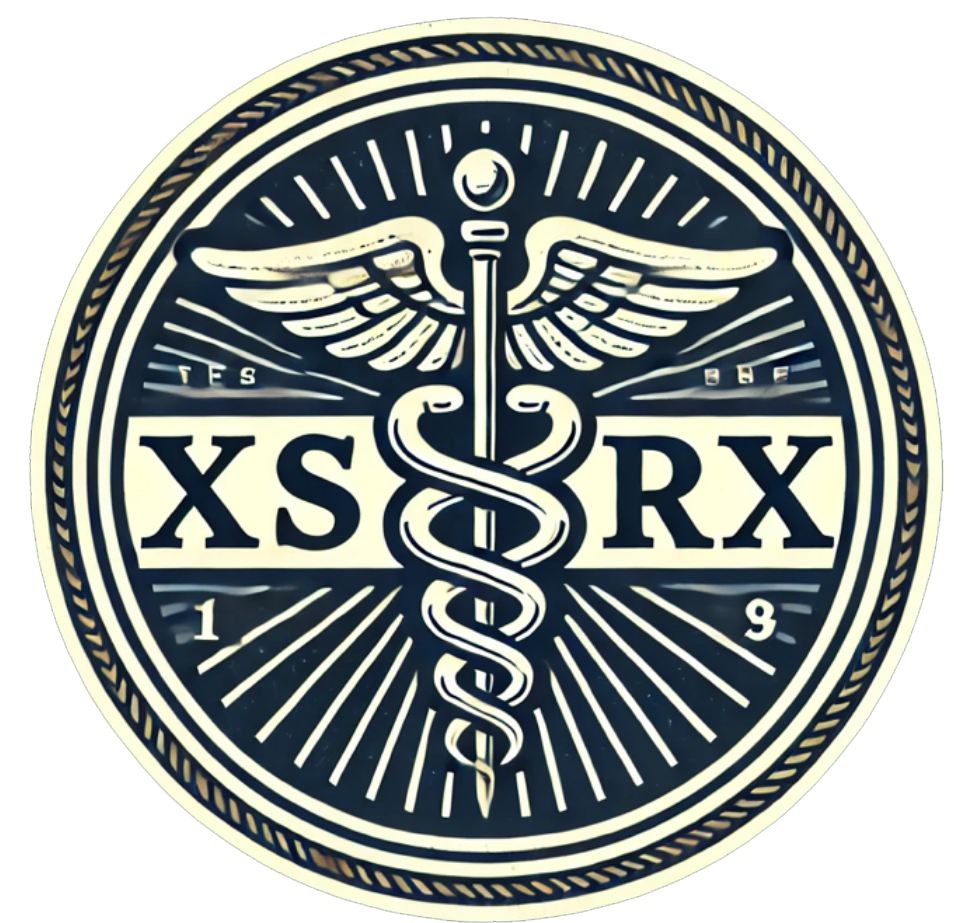
The brain reward pathway
Specializes in Psychiatry and Psychopharmacology
Hi, I’m Dr.Eileen DiFrancesco and I have some extremely exciting, groundbreaking news to share with you about the treatment of addiction
I’ve had the opportunity to train in Ivy League schools and work in the ivory towers of Medicine, but unfortunately, there has never been an effective medication for the treatment of addiction until now.
Ozempic, also known as GLP1 receptor agonist was developed for the treatment of diabetes and obesity. It has been showing remarkable results for both. Surprisingly, patients are reporting not only decrease in over consumption of food, but also little or no interest in alcohol.
This is not a coincidence or a side effect.
The fact is that there are receptors for GLP1 receptor agonist all over the brains reward pathway. This pathway exists in order to provide a sense of pleasure or reward when we do something that’s essential for our survival or survival of the species… such as eating healthy foods, having sex and nurturing relationships.
The reward or sense of pleasure is intended to make us repeat these behaviors, so that our species will survive because we eat well, procreate and take care of others.
However, substances and things that are highly pleasurable can take over these reward circuits. This causes the natural rewards to become less pleasurable and even ignored.
This is what addictive substances do, they hijack the reward pathway in such a way that they become the focus of an individual’s life.
But when GLP1 receptor agonist activates receptors in the reward pathway, the reward from addictive substances, including alcohol, nicotine cocaine, and even opioids becomes less rewarding. This serendipitous finding is truly astonishing !
When combined with already existing treatment for addiction there is finally help and hope for treating this destructive and debilitating disease.
If you or someone you love is suffering, please reach out.

